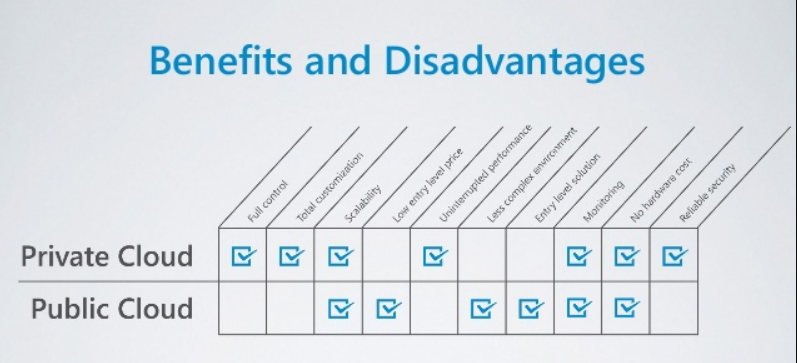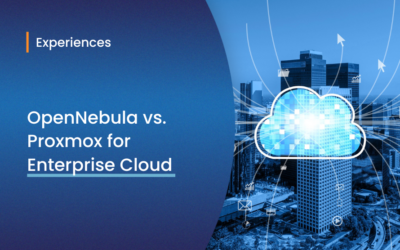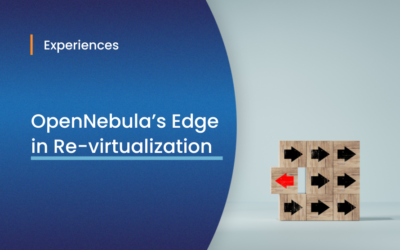It is beyond any doubt the advantages that Cloud Computing has brought. Today, most companies have the need to adopt this paradigm in order to stay competitive on the market. Big and some medium size companies choose to deploy their own Private Clouds, inside their facilities. This is not the case for small companies who usually deploy their services over Public Clouds. The security, adaptability and economic feasibility of using Public Clouds are huge issues, and this is the reason why big companies have Public Clouds out of the picture. Why rent something when you can own it?
Are small companies wrong? Are they wrong to resign to Private Cloud? Not necessarily, because the initial costs and complexity of current Private Cloud solutions are huge drawbacks, so small companies either can’t afford it or it is not profitable. This is the reason why CloX came to live.
CloX is a solution for small companies, enabling them to easily and cheaply deploy their Private Clouds and stop depending on Public Clouds. It is based on OpenNebula and LXD, so you can expect an easy of use, fully featured cloud orchestrator with minimum overhead, great performance and reduced deployment times. CloX is meant to be deployed over Single Board Computers (SBCs) based on ARM processors providing low capital expenses and power consumption.
Besides Private Clouds, there are other areas where CloX can be helpful. This areas are:
- Edge and Fog Computing: The Internet of Things (IoT) devices explosion and the need for low processing times in some applications are making huge and centralized data-centers unable to handle the load. Edge and Fog Computing aim to solve this by placing computing capabilities at the network edge. Companies and researchers promote the use of “cloudlets” [1] although there is no general agreement on it’s architecture. CloX team is making an effort to prove CloX as a viable “cloudlet”.
- High Performance Computing (HPC): The race towards achieving exaflop/s-capable systems is predicated on reaching this performance level within a 20MW power ceiling. Many researchers are trying to decrease this consumption [2]. In this paper, the authors conducted benchmarks towards an Infrastructure as a Service (IaaS) platform deployed with OpenStack over a Raspberry Pi cluster using LXC as hypervisor. The findings showed a performance degradation induced on the demanding HPC applications by the cloud middleware. By using OpenNebula and communicating with LXD directly over an API, which solves the causes for the performance degradation, CloX team expects much better results. Tests are pending, numbers will be shared once the benchmarkings are concluded.
- Cloud simulations: A typical cloud data center usually contains tens of thousands of servers, making prohibitively expensive for an educational or research institution to construct one. Even a practical testbed consisting of a reasonable number of servers (say, 40 machines) can still be out of the reach for most researchers. Some researchers have instead focused on developing Cloud Computing simulators. While simulation has in the past been used to successfully model some of the underlying state of a target system (such as within network simulation), it fails to capture essential Cloud Computing properties in a number of ways. CloX might be used as a scale model of a data center. This idea was already proposed by the Glasgow University[3].
We would love to get feedback from OpenNebula’s community and people interested on the suggested topics. We welcome interested contributors.
[1] “Edge computing platforms and applications”, Mario Di Francesco
[2] “Performance Analysis of Cloud Environments on Top of Energy-Efficient Platforms Featuring Low Power Processors”, Valentin Plugaru – IEEE Conference Publication
[3] “The Glasgow Raspberry Pi Cloud: A Scale Model for Cloud Computing Infrastructures”, Fung Po Tso – IEEE Conference Publication




0 Comments